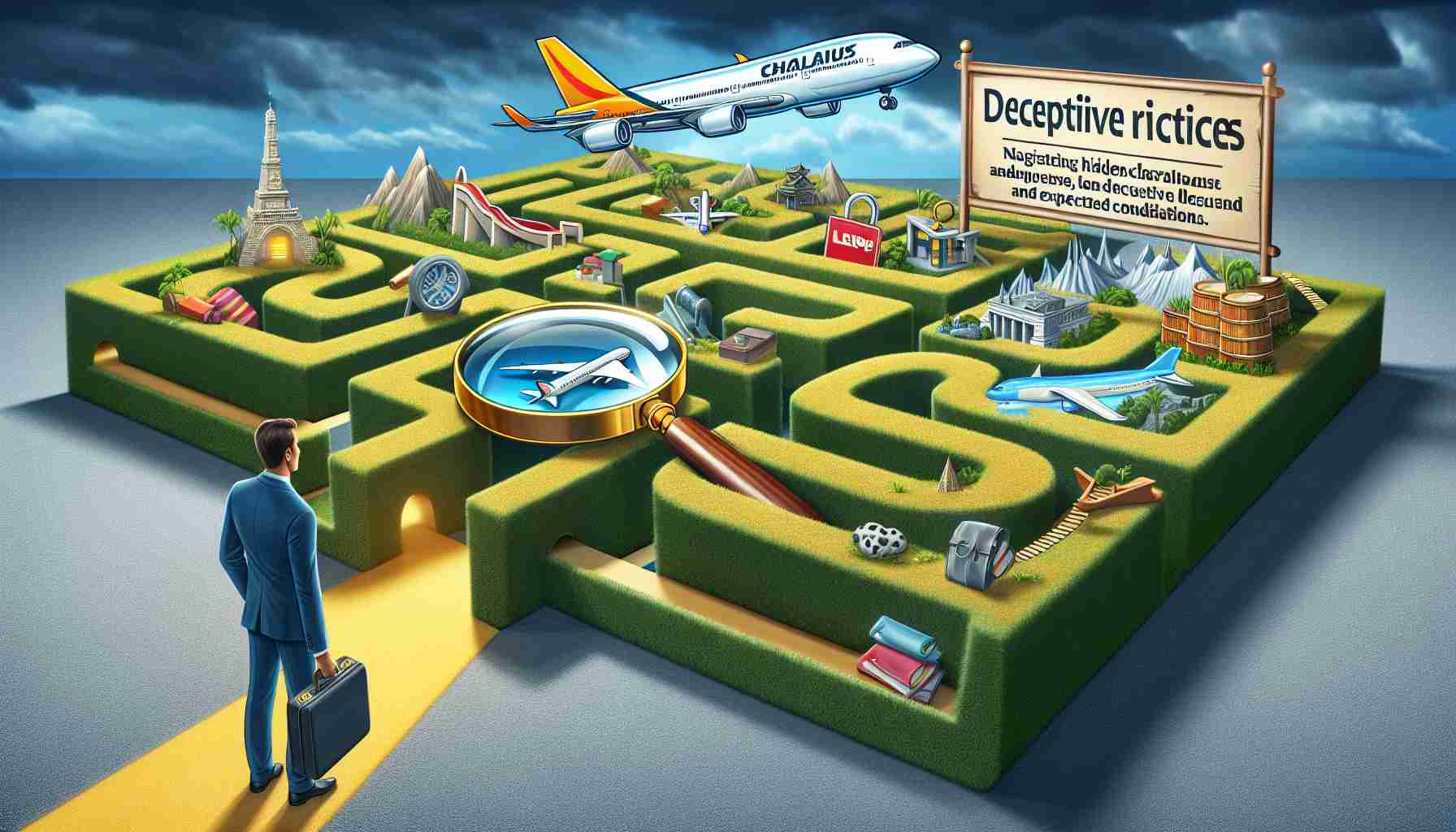Airline loyalty programs have become a popular way for travelers to earn rewards for their purchases and flights. These programs offer various benefits such as free flights, upgrades, and other perks in exchange for customer loyalty. However, recent investigations have raised concerns about potential unfair and deceptive practices within these programs.
The Department of Transportation (DOT) has launched an inquiry into the rewards programs of major airlines, including American, Delta, Southwest, and United Airlines. The DOT aims to ensure that consumers are receiving the value promised to them and that these programs are transparent and fair. This move comes in response to worries about devaluation of rewards, hidden fees, and reduced competition within the industry.
Airline rewards points can be earned through various activities like using co-branded credit cards, flying with the airline, or engaging in specified actions. These points can then be redeemed for a range of benefits, but the value of these rewards is subject to the terms and conditions set by the airlines. Changes to these terms can impact the value and accessibility of rewards for loyal customers.
While airline loyalty programs offer enticing rewards, consumers should be vigilant and informed about the potential risks associated with these programs. As the industry faces scrutiny over its practices, travelers are encouraged to stay informed and cautious when participating in airline rewards programs to ensure they are getting the most out of their loyalty.
Uncovering Deceptive Practices in Airline Rewards Programs: What You Need to Know
Airline rewards programs have long been a source of excitement for frequent travelers, offering a spectrum of benefits ranging from free flights to exclusive upgrades. However, beyond the allure of these rewards lies a realm of potential pitfalls and deceptive practices that consumers should be wary of.
What are the most significant questions surrounding airline rewards programs?
1. Do airlines have the right to devalue rewards without notice?
2. How transparent are airlines about the terms and conditions of their rewards programs?
3. Are there hidden fees that diminish the perceived value of rewards?
4. What steps can consumers take to protect themselves from deceptive practices?
Key Challenges and Controversies:
One of the primary challenges associated with airline rewards programs is the issue of devaluation. Airlines retain the power to alter the value of rewards points without prior notification, leaving consumers at risk of diminished returns on their loyalty. Additionally, the lack of transparency around program terms and hidden fees adds further complexity to the consumer experience.
Advantages and Disadvantages:
Advantages:
– Access to free flights, upgrades, and exclusive perks
– Opportunity to earn rewards through various activities
– Encourages customer loyalty and repeat business
Disadvantages:
– Risk of devaluation of rewards points
– Hidden fees that can erode the value of rewards
– Lack of transparency in program terms and conditions
As travelers navigate the intricate landscape of airline rewards programs, staying informed and proactive is essential in safeguarding their benefits. While the allure of free flights and exclusive perks may be enticing, consumers must exercise vigilance to ensure they are not falling prey to deceptive practices within the industry.
For further information on airline rewards programs and consumer rights, visit Department of Transportation.
 How Apple’s Dance with China’s Market Shifts the Global Tech Landscape
How Apple’s Dance with China’s Market Shifts the Global Tech Landscape  The Spark Behind Schenectady’s Electrifying Weekend: A Deep Dive into the Future of Cars
The Spark Behind Schenectady’s Electrifying Weekend: A Deep Dive into the Future of Cars  The Unseen Journey: How Aurora’s Self-Driving Trucks Are Paving New Roads in Freight
The Unseen Journey: How Aurora’s Self-Driving Trucks Are Paving New Roads in Freight  Epic Games’ Bold Move: Revolutionizing Developer Revenue with New Policies
Epic Games’ Bold Move: Revolutionizing Developer Revenue with New Policies  Lucid Group’s Wild Ride: Can Luxury EVs Thrive Amid Economic Uncertainty?
Lucid Group’s Wild Ride: Can Luxury EVs Thrive Amid Economic Uncertainty?  BYD’s Record-Breaking Feat: Revolutionizing India’s EV Landscape with Sealion 7
BYD’s Record-Breaking Feat: Revolutionizing India’s EV Landscape with Sealion 7  The Surprise Tesla Tax: Washington State’s Bold New Move Shakes EV Landscape
The Surprise Tesla Tax: Washington State’s Bold New Move Shakes EV Landscape  World’s Largest Car Carrier Sets Sail: A Game-Changer for Electric Vehicles
World’s Largest Car Carrier Sets Sail: A Game-Changer for Electric Vehicles  Why New Yorkers Are Hesitant to Pay for Clean Energy Despite Broad Support
Why New Yorkers Are Hesitant to Pay for Clean Energy Despite Broad Support 